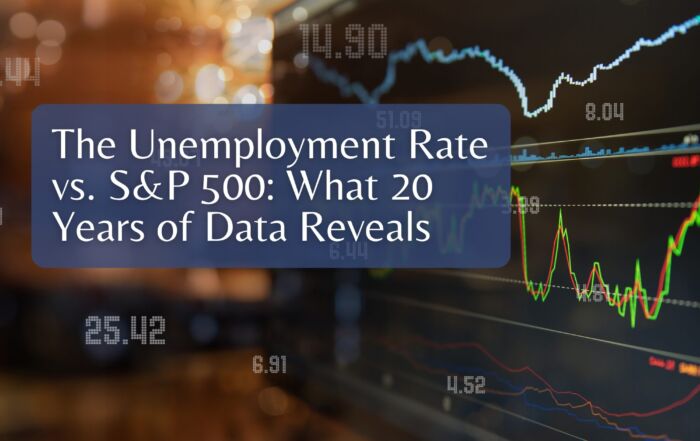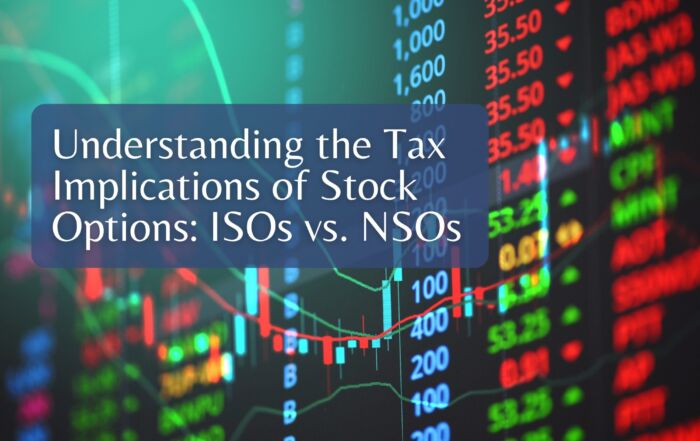How you should view a 0% savings account

In a “normal” interest rate environment your savings account yields something greater than 1%, maybe even 2%. However, while the Federal Reserve is trying to keep the US markets out of a recession, promote economic growth and healthily inflation, you are getting basically 0% interest on your savings. But you have done everything right. You deserve a higher rate! You don’t have high interest debt and you have the reserves necessary to survive a surprise expense or job issue. In fact, you can argue that lower rates are benefiting those that are being careless about their debt. What should you do?
The temptation is to take a portion of your savings and invest it in stocks or even short-term bonds, looking for a better rate of return. However, fluctuating markets and personal crises do not mix well. You don’t generally plan job losses, roof and HVAC failures, or sudden medical expenses. These events come suddenly and unexpectedly. And should your black swan event happen while your funds are invested in markets that are dropping, you would be losing principal on the very funds that you are desperately in need of. You do not need to move your savings; you need to change how you think about cash.
Instead of focusing on that low interest rate, think about the emotional rate of return when taking your time finding the right job vs any job. Having freedom from anxiety about covering your bills for six months to a year should you face a job transition, or avoiding debt payments to cover the high cost of mechanical failures of HVAC units and cars is highly valuable. Keeping enough in cash reserves could even bridge a job loss into early retirement. Allowing your savings to remain intact despite a 0% interest rate is beneficial even if you do not face a personal crisis of this kind because it could help you maintain peace of mind even if the rest of the world seems to be in crisis. Or that cash could also be used for a once in a lifetime opportunity such as travel or an act of generosity.
We tend to overlook things that are not measurable. In Morgan Housel’s book “The Psychology of Money,” he states, “when you don’t have control over your time, you are forced to accept whatever bad luck is thrown your way.” Your cash savings is your time and peace of mind, and you should protect those assets in a FDIC insured account, even if the interest rate less than 1%.
Casey T. Smith
Share This Story, Choose Your Platform!
Wiser Wealth Management, Inc (“Wiser Wealth”) is a registered investment adviser with the U.S. Securities and Exchange Commission (SEC). As a registered investment adviser, Wiser Wealth and its employees are subject to various rules, filings, and requirements. You can visit the SEC’s website here to obtain further information on our firm or investment adviser’s registration.
Wiser Wealth’s website provides general information regarding our business along with access to additional investment related information, various financial calculators, and external / third party links. Material presented on this website is believed to be from reliable sources and is meant for informational purposes only. Wiser Wealth does not endorse or accept responsibility for the content of any third-party website and is not affiliated with any third-party website or social media page. Wiser Wealth does not expressly or implicitly adopt or endorse any of the expressions, opinions or content posted by third party websites or on social media pages. While Wiser Wealth uses reasonable efforts to obtain information from sources it believes to be reliable, we make no representation that the information or opinions contained in our publications are accurate, reliable, or complete.
To the extent that you utilize any financial calculators or links in our website, you acknowledge and understand that the information provided to you should not be construed as personal investment advice from Wiser Wealth or any of its investment professionals. Advice provided by Wiser Wealth is given only within the context of our contractual agreement with the client. Wiser Wealth does not offer legal, accounting or tax advice. Consult your own attorney, accountant, and other professionals for these services.





